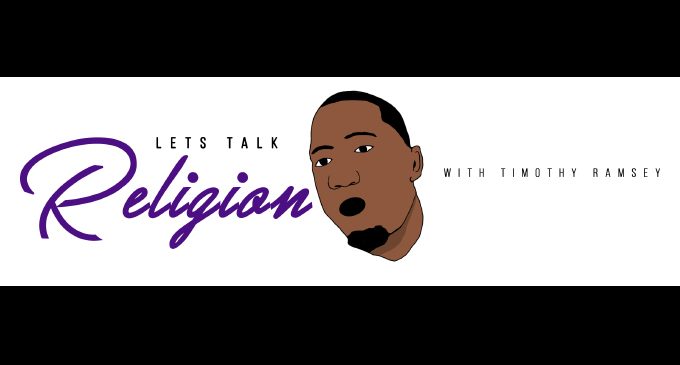Let’s Talk Religion: Will gospel hip-hop ever become mainstream in the black church?

Over the past 20 years, gospel hip-hop and dance has become more and more popular with today’s youth. The door was cracked open somewhat by Kirk Franklin and Cross Movement in the late 1990s and artists like Lecrea, Trip Lee and Andy Mineo have taken the genre to the next level.
Gospel hip-hop has been a way for artists to show their gifts, while also giving glory to God, in their own way. The question is: why hasn’t gospel hip-hop music and dance taken off the way many have thought it would?
The genre of hip-hop worshipping does not seem to have connected with the older generation and I am not sure why. Traditional hip-hop has somewhat been a hit with the Baby Boomers, but gospel has not hit the same way.
Gospel hip-hop and dance have been very crucial tools for attracting those who have lived an alternative lifestyle to give their lives to Christ. I would think that this would be really attractive to the church, considering they are always looking for a way to attract the younger generation.
I am not saying that everyone in the older generation hasn’t accepted the genre into their church. Some churches have made it a point to include gospel hip-hop and dance into their services; I just thought at this point it would have been more widely used.
Those involved with gospel hip-hop and dance are doing all they can to bring the genre to light. Darryl Gordon, a hip-hop dancer, hosts a gospel hip-hop showcase annually and feels it needs more attention.
“The message has stayed the same for the most part and some artists have evolved by trying to incorporate what they hear in secular music,” said Gordon. “So, the music has evolved by the musicians becoming lyricists, so not only are they rapping about the Most High, but they are spitting bars that you would hear from Rakim or KRS One spit, you know, lyrics that make you think.”
Gordon says hip-hop artists are concentrating more on their production and beats to attract a broader audience as well. He also said many of the newer gospel hip-hop artists used to “live that life” so they are bringing a more authentic feel to gospel hip-hop.
Gordon feels the older generation hasn’t accepted gospel hip-hop as much, because it is not the “traditional” way of worshipping.
“Some think that gospel is supposed to be choirs with robes, a director and a singer,” he said. “Some also think if you are not yelling and shouting, then the anointing is not in the atmosphere.
“What I have learned is, a lot of people who feel that way are not right within themselves. Basically, their inner man does not match their outer man, therefore I think some in the church don’t accept it, because they are comparing it to other music.”
I hope gospel hip-hop artists and dancers continue to make strides in the industry, because I think any way that we bring more people to Christ is a good thing.









